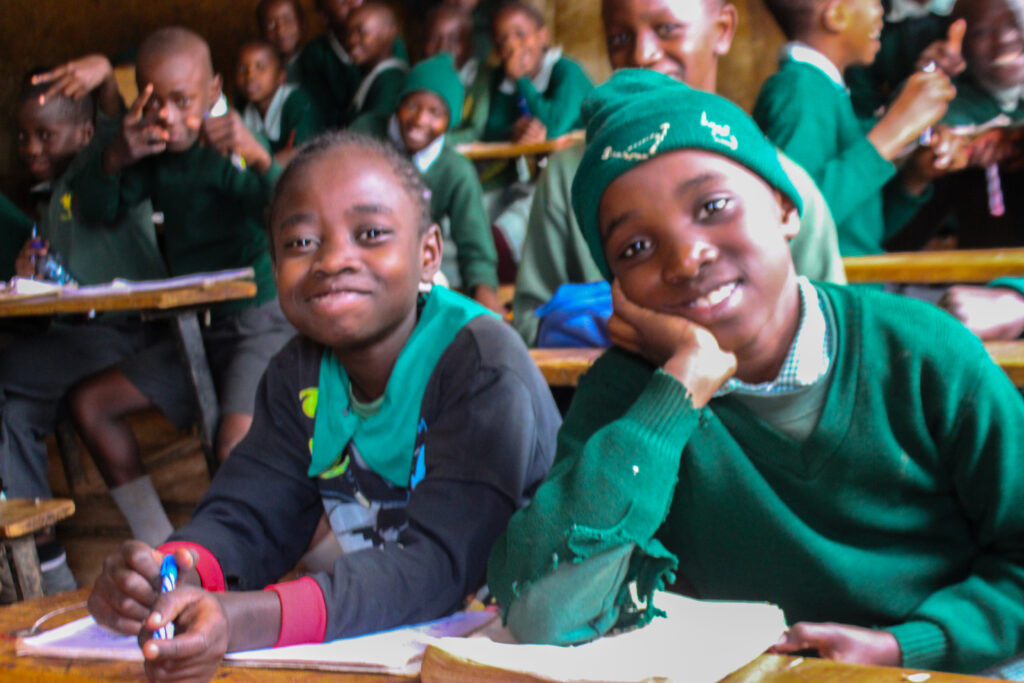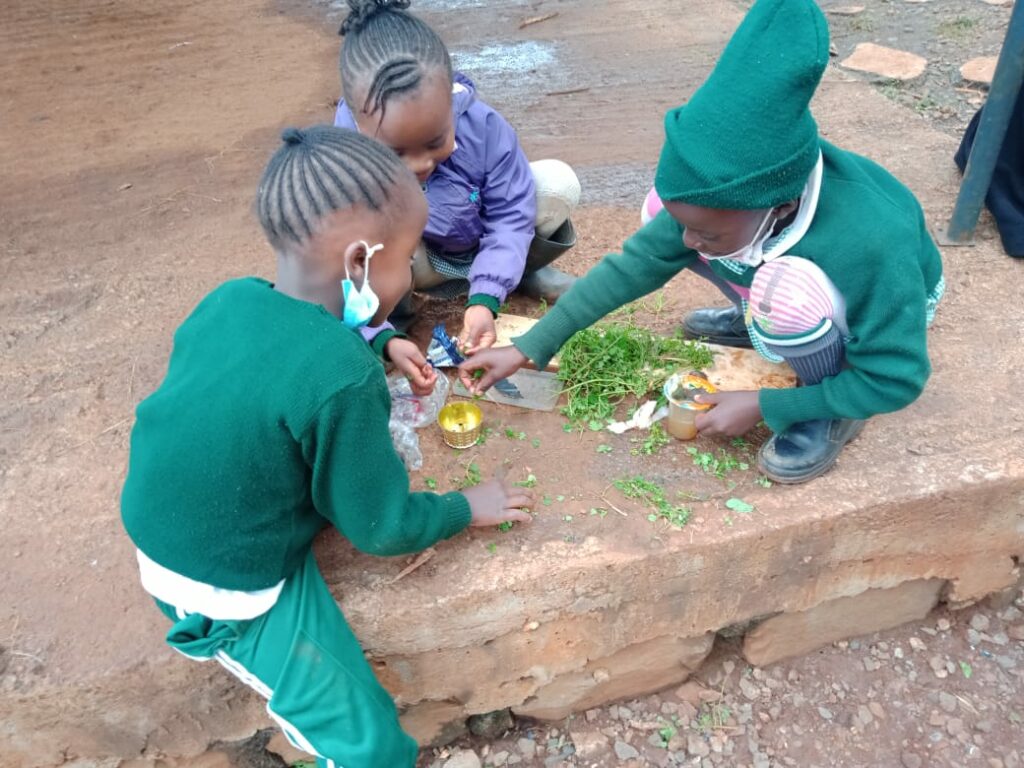When Covid hit in March 2020, and most of the world went into lockdown, one of the aspects of life that was hit the hardest was schools. Across the world, children everywhere suddenly found themselves unable to go to school, as the buildings were closed and everyone told to stay at home.
In the UK, as you no doubt know, the schools fairly quickly sorted themselves out and started providing online lessons, so that any children who had access to the internet were able to resume some sort of learning. Home schooling became the norm, and parents became the home teachers. Laptops were provided for children who otherwise didn’t have access to one, and ‘key worker children’ were able to learn in school, so that their parents could continue to do their life-saving work.
And this was the case in many of the other countries in the global North. As a result, although learning was far from ordinary, there weren’t too many weeks totally lost as far as education goes.
But in many parts of the world, this has not been the case at all. In Uganda, for example, students from private schools, who are able to access internet and laptops / tablets, have been able to continue their education on line throughout. But children from the state schools, who don’t have access to internet, have not been so lucky. For a few months, it was possible to buy worksheets from their schools, so that the children could do some school work at home. But when the parents are out of work, the chance of having enough money to pay for worksheets and also buy food to stay alive is small at best. At other times the schools opened up to certain year groups at a time. In this way, an identified year group could go to school for a few weeks and be taught in socially distanced classrooms. Some students got to take their end of year exams, in the hopes of progressing on to the next class, and all the students who were finishing primary school, secondary lower or secondary upper also got to take their exams.
But for the younger children especially, there has been no school since March 2020, and it is anticipated that the schools will now not open until Feb 2022. The gap between the rich and the poor in Uganda has just got even wider than it was before. Children from well-off families have been educated throughout, children from poor families have had no education at all. What will the long-term implications of that be?
In Kenya, school has restarted for all, and a valiant attempt is being made to catch up on all core education in a creative piece of timetabling by the Kenyan government.
Usually, the Kenyan academic year runs from January to November, so when lockdown happened, the students had almost completed term 1 of the 2020 academic year. Schools were closed for nine months, and then early in 2021 they reopened for the students who were taking school leaver exams.
By the time all children were back in spring this year, they had to catch up on 2 terms from the 2020 academic year, and then embark on the 2021 year. So, for the children at Spurgeons and the like, terms have become just 8 weeks long (usually 12), and end of term breaks have become 10 days (usually 3-4 weeks). In this way, by summer, the students had completed a paired-down version of terms 2 and 3 of the 2020 academic year, and were ready to embark on the 2021 year.
At the start of August the students started term 1 of the 2021 academic year and on 1st October, they students finished that term (ie the term that should have run from January to March). On October 11th, the students started term 2 of the 2021 academic year, and that will finish on December 23rd. On Jan 3rd 2022, the students will start term 3 of the 2021 academic year, which will finish mid March. By the end of 2022, the hope is that all the catching up will be done, and 2023 can return to normal.
The children in Kenya have certainly had a very tiring and intense experience of school these past months, and it is set to continue a while yet, but at least at the end of it, all the children, no matter their social background, should be sort of similar in the basic curriculum that they have covered. And hopefully that will lead to a more equitable way forward in the coming years.






